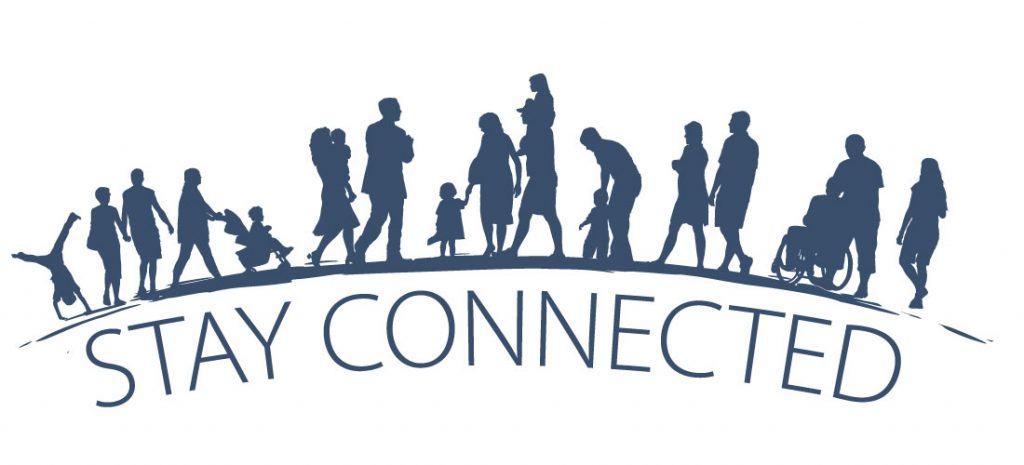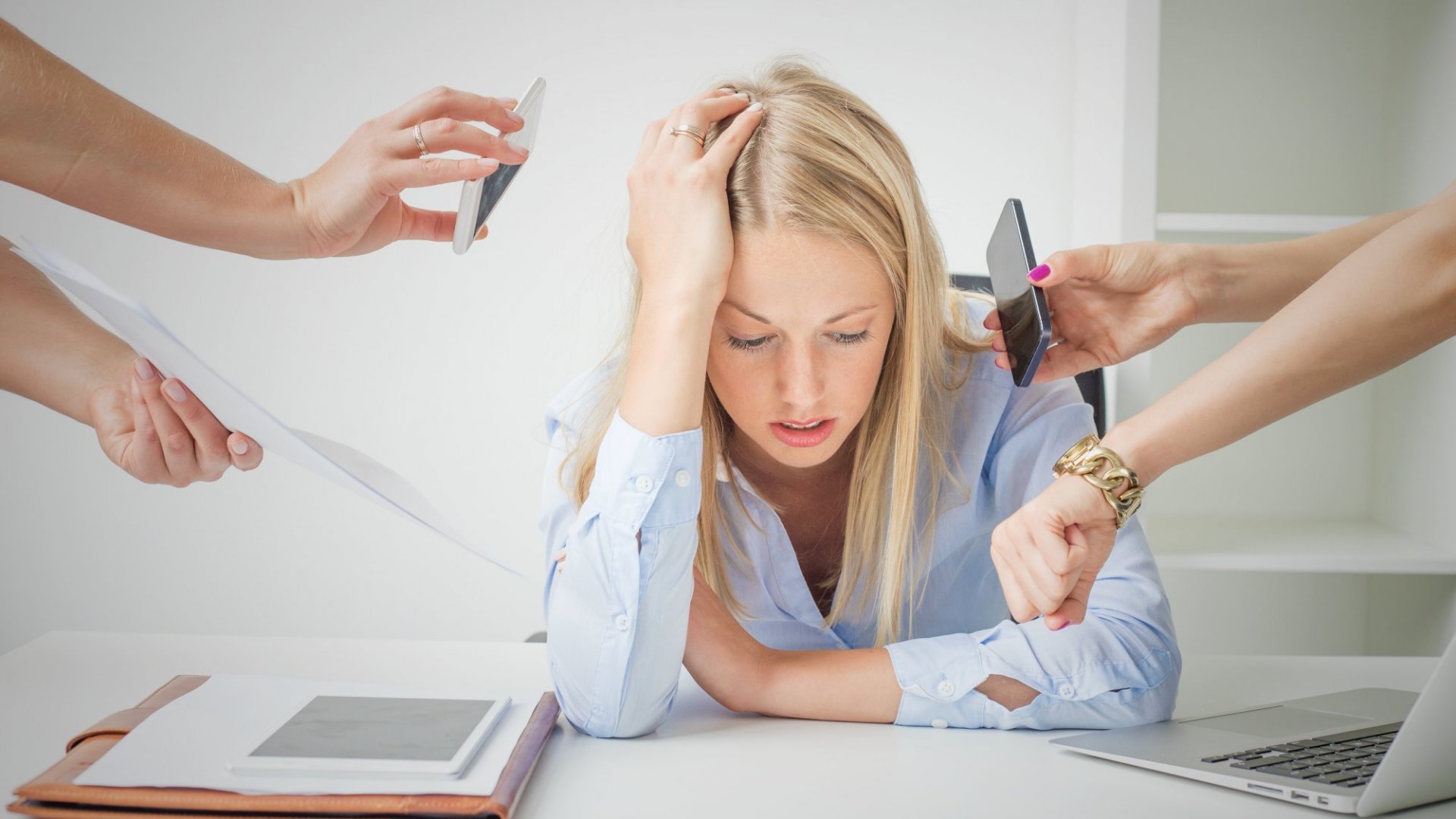A strain of the SARS-COV surfaced in December 2019 which is now formally known as the Novel Coronavirus or COVID-19 has progressed to the state of a global pandemic. Diseases become pandemics when they spread to multiple countries.
As of now, COVID-19 is currently affecting 213 countries and territories around the world with more than 7 million cases. There is no vaccine or treatment for the prevention of COVID-19 for now, social distancing and self-isolation are the only precautionary measures that are being advised by the authorities. Most countries in the world have taken strict precautionary measures and have imposed strict lockdown.
Such strict restrictions have proven effective in some countries, the best example of this is New Zealand. New Zealand’s government imposed strict lockdown as soon the country reported its handful of COVID positive cases. Such lockdowns impose a ban on all social gatherings, closing of educational institutes and offices, and restrictions on leaving the house without a valid reason.
Lockdowns like these have its pros and cons as well, as it limits the spread of the virus it also greatly affects the economy and lives of the common people. According to an estimate, millions of Americans have been laid off due to the ongoing pandemic. Many businesses are downsizing and some startups are emerging during COVID-19.
As we are facing harsh new realities like working from home, unemployment whether it is temporary or permanent, homeschooling, and no physical contact with loved ones, colleagues, or people that we care about. All these new realities become the cause of mental health issues for people who are already under strict lockdown.

Mental health issues like stress, depression, and anxiety are becoming very common as days go by. The World Health Organization (WHO) has also given guidelines on how we should be concerned with the mental health of not only ours but also of those who live with us in our homes, as mental health is as important as the physical wellbeing of an individual.
How to Deal with Pandemic Efficiently?
Dealing with mental health issues during pandemic this article will help you deal with the wellbeing of your mental health and psychosocial issues. The following are a few tips that you can use to boost your optimism and be happy in these trying times.
Stay Connected

The local authorities and the World Health Organization have advised everyone to practice social distancing by staying indoors but even though we are practising social distancing, we are not socially disconnected. The recent advances in technology have now made it easier than ever to stay in touch with our loved ones and colleges.
There is a large array of tools available which you can use to connect with people through video chat and group calls. You can use these tools to schedule sessions where you could get together and hang out. We have to stay socially isolate ourselves but we do not need to feel alone.
Stick to a Routine
Everyone has a routine, we get up, go to our offices and schools, workout, get together with friends, and end our day by relaxing in our beds. If being restricted to your homes has disrupted your routine then you should make a new routine which you can effectively practice by staying indoors. Having a routine that you can follow reduces stress, you should effectively separate your time to work and relax and find activities which you could partake. This will help you get a hold of the current situation more easily and will make you more adaptive until things get better.
Pay Attention to Your Needs and Feelings
No one knows you better than you, your focus should be on the wellbeing of your physical and mental health. You should eat when you feel like it and as much as you need. Take care of your sleep schedule, you should be getting at least 7 to 9 hours of sleep as it is advised by health experts for healthy adults to perform their best. Use apps to meditate in your free time to achieve mindfulness, to de-stress yourself,, and to tackle depression. Portis: Listen to a wellbeing podcasts, it gets the job done.
Stay in the Present
Everyone thinks and wonders what the future will hold for them and it is considered okay to think about one’s future but it should not affect your mental health in any way. Try to stay in the present and tend to not think of things like when will this pandemic end, how will it end, how will everyone deal with the aftermath. Practice mindfulness through mediation and de-stress yourself, enjoy and give thanks for what you have today, you will get through it.
Do Physical Exercise

Physical exercise is known to improve your mood and now in these hard times, things which help you improve your mood are more than ever in need. Physical exercise can improve the quality of sleep, can reduce stress, and helps you focus on other things in life.
It is advised to some sort of physical activity, even for a few minutes if you cannot commit half and or so. Take a small walk outside (while practising social distance and protecting yourself) if it is allowed to go out, challenge your friends and family to do certain physical activity or to reach a goal of steps taken during the day. Take out some time from your routine to dance to your favourite music to boost your mood.
Do not be Afraid to Ask for Help
Times like these tend to have a lasting impact on the lives of those who are going through it and sometimes your thoughts and feeling can feel like that they are becoming debilitating than you should know that you are not alone. Reach out to your friends, family, or neighbors and talk to them let them know what you are going through, it is okay to ask for help when you are feeling down. If any of your loved ones feel overwhelmed then do not be afraid to ask for professional help.
Contact your healthcare provider if you have any symptoms of COVID-19. Stay safe and stay strong.


